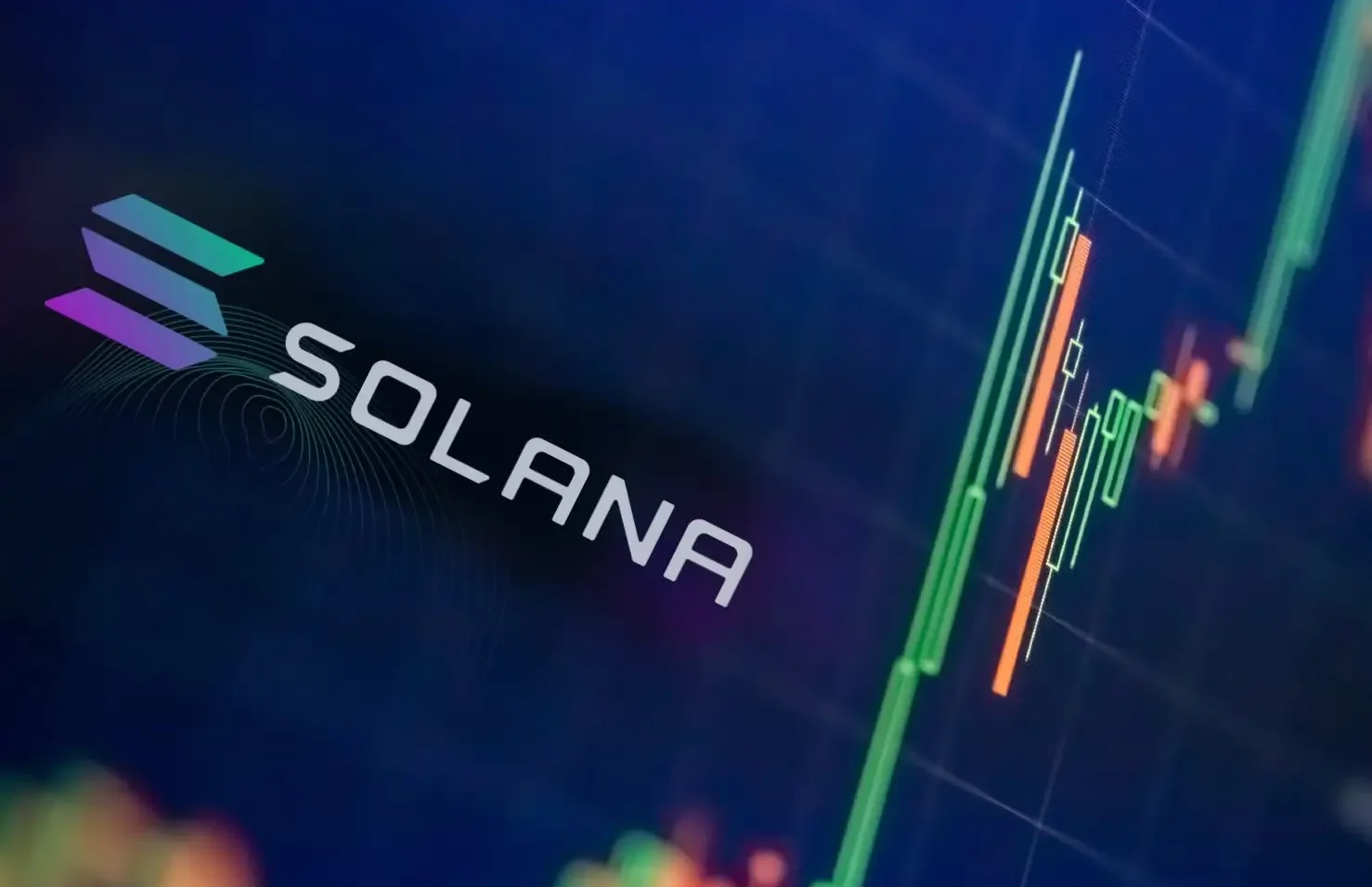Solana Developers Consider Bold Move to Boost Validator Profits
25.09.2024 10:30 1 min. read Alexander Zdravkov
In a bid to enhance the efficiency of Solana blocks, Tao Zhu, an engineer at Anza, has introduced a proposal for a crucial change in the Solana protocol.
Outlined in SIMD 0172, this change targets the “compute budget” program, which is intended to curb computational waste but is deemed by Zhu as a hindrance to optimal blockspace utilization.
While many agree that adjustments are necessary for the compute budget, some developers feel that Zhu’s proposal doesn’t go far enough. The compute budget limits transactions to a default of 200,000 compute units (CUs) to prevent excessive data accumulation. Zhu argues this limit is often overestimated, leading to unnecessary reserved space in blocks.
He proposes gradually reducing the default to zero over approximately 20 days, requiring users to specify their actual compute needs. This change could lead to more transactions fitting into each block, thereby increasing fees for validators, who have faced challenges recently.
However, the proposal has its critics. Even if the default is set to zero, transactions would still need to include compute budget instructions, which take up valuable data space. Some developers advocate for moving this information to the transaction header to free up more bytes for essential instructions.
Zhu has suggested that the compute budget program could eventually be eliminated, but for now, he focuses on this interim fix, despite concerns that it may complicate the development process.
-
1
Top 10 blockchains by transaction volume in June 2025
06.07.2025 16:00 2 min. read -
2
German State-Owned Development Bank Issues €100 Million Blockchain Bond
11.07.2025 7:00 2 min. read -
3
Tether Ends Support for Five Blockchains in Infrastructure Shift
12.07.2025 11:30 2 min. read -
4
Cardano and Ethereum Lead in Developer Activity as GitHub Commits Surge
14.07.2025 12:00 1 min. read -
5
BNB Chain Upgrades and Token Delistings Reshape Binance Ecosystem
16.07.2025 22:00 2 min. read
Chainlink Partners With Westpac and Imperium to Tokenize Finance in Australia
Chainlink has announced a major institutional partnership with Westpac Institutional Bank and Imperium Markets as part of Project Acacia—a joint initiative involving the Reserve Bank of Australia and the Digital Finance Cooperative Research Centre (DFCRC).
BNB Chain Upgrades and Token Delistings Reshape Binance Ecosystem
Binance continues to refine its ecosystem in 2025, with major updates spanning performance upgrades, token listings and removals, and new token launches—all reinforcing its focus on scalability and innovation.
Ripple Powers UAE’s First Tokenized Real Estate Project via XRPL
Ripple has taken a major step in expanding its institutional digital asset infrastructure in the Middle East by partnering with Ctrl Alt to support Dubai’s first government-backed real estate tokenization initiative.
Cardano and Ethereum Lead in Developer Activity as GitHub Commits Surge
Recent GitHub data reveals which blockchain ecosystems and individual projects attracted the most developer attention last week—a key signal of long-term project strength.
-
1
Top 10 blockchains by transaction volume in June 2025
06.07.2025 16:00 2 min. read -
2
German State-Owned Development Bank Issues €100 Million Blockchain Bond
11.07.2025 7:00 2 min. read -
3
Tether Ends Support for Five Blockchains in Infrastructure Shift
12.07.2025 11:30 2 min. read -
4
Cardano and Ethereum Lead in Developer Activity as GitHub Commits Surge
14.07.2025 12:00 1 min. read -
5
BNB Chain Upgrades and Token Delistings Reshape Binance Ecosystem
16.07.2025 22:00 2 min. read


